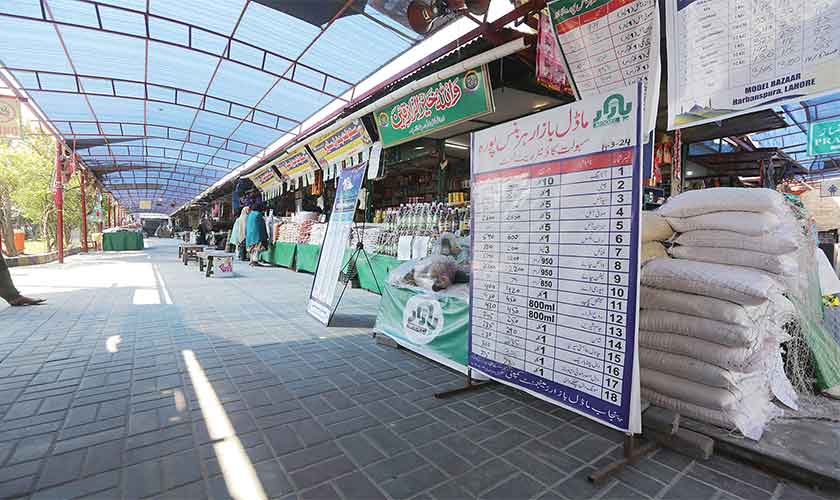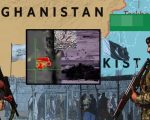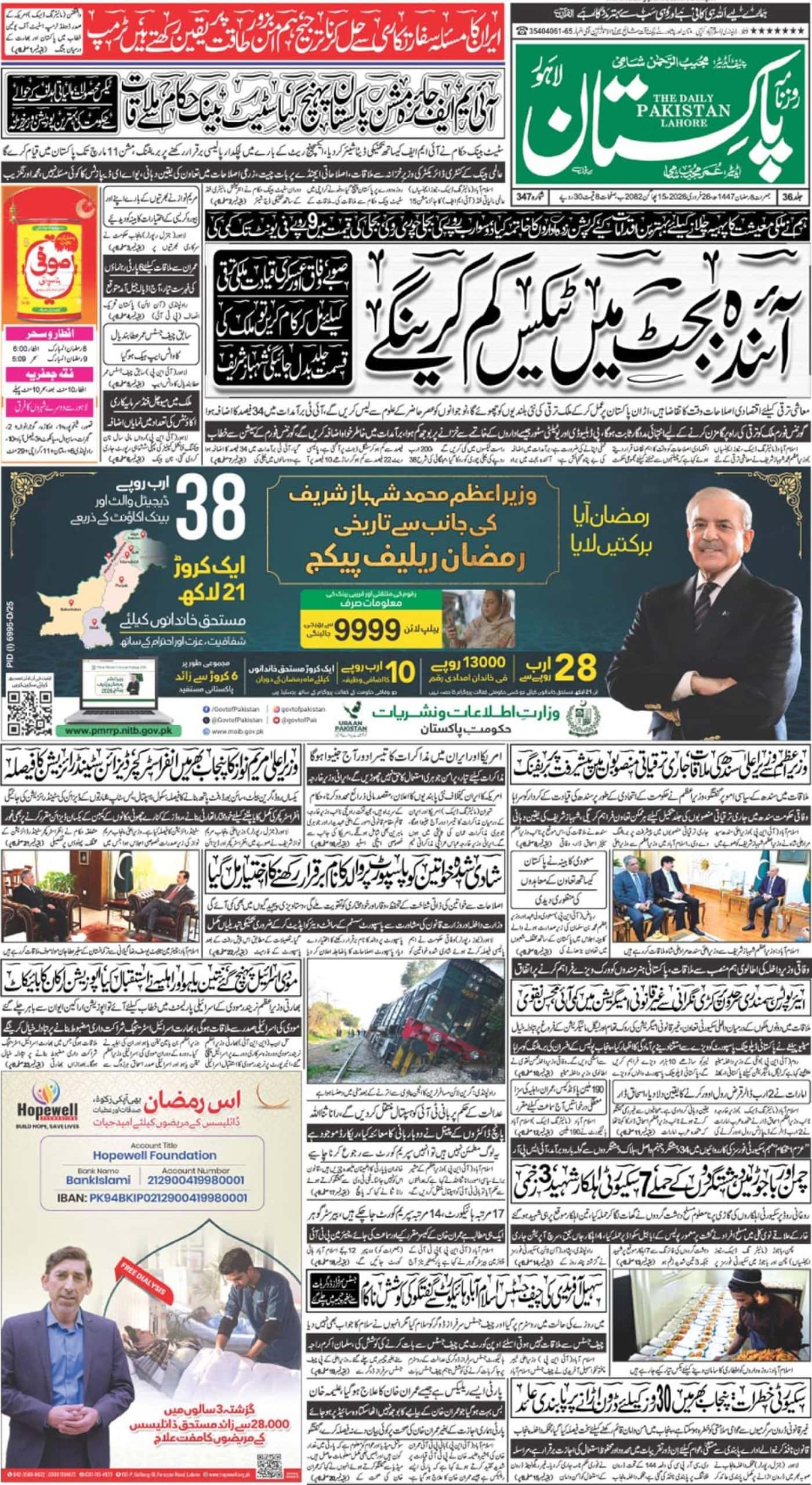When I first took over the Punjab Model Bazaar Management Company’s (PMBMC) reins in 2016, I knew we had a mammoth task ahead. Once regarded as a well-intentioned but underperforming public initiative, Model Bazaars were falling short of their promise. They were saddled with inefficiencies, low footfall, and a lack of sustainable revenue. But I knew one thing for sure—these markets had potential. They needed a complete transformation, not just a patchwork of fixes.
Fast forward to 2024, and the story is much different. Model Bazaars have become a vital part of Punjab’s economy, providing affordable goods to consumers while supporting local vendors and entrepreneurs. Through a combination of strategic restructuring and the integration of modern technology, we have turned these bazaars into hubs of economic activity, benefiting millions across the province.
One of the most critical steps in this transformation was the introduction of technology. We implemented a digital payment system that makes transactions smoother and more secure for vendors and customers. A mobile app now allows consumers to browse stalls, check prices, and even order items for home delivery—a service that has been particularly beneficial for rural and remote areas. This technology integration has improved efficiency and brought more people into the fold of our markets.
Our expansion plans are also ambitious. By 2025, we aim to bring Model Bazaars to every major district in Punjab. Our mission is clear: make affordable goods accessible to everyone, regardless of where they live. These markets serve a dual purpose: they offer economic relief to consumers by providing products at lower-than-market rates, and they offer a platform for local vendors to thrive. This expansion is more than just opening new locations; it’s about stimulating local economies, creating jobs, and empowering small businesses.
Speaking of jobs, one of the most fulfilling aspects of our work has been the sheer number of employment opportunities Model Bazaars have generated. The combination of government support, private partnerships, and our self-sustaining revenue models has allowed us to hire staff and offer spaces to vendors at affordable rates. Many of these vendors are from underserved communities and can now grow their businesses without worrying about excessive operational costs.
The recent IMF bailout package has provided Pakistan with a much-needed financial cushion, stabilising the economy and, in turn, allowing initiatives like ours to flourish. For Punjab’s consumers, this means more price stability and greater access to goods. Reducing inflation will ease the pressure on everyday essentials like cooking oil and pulses, making life a little more affordable for the average household.
Looking ahead, the SCO Summit also presents exciting opportunities. As Pakistan strengthens its trade ties with key partners like China and Russia, we expect new avenues for export and import to open up. This could bring a broader range of products to our bazaars at competitive prices, benefiting consumers. Additionally, the summit could lead to foreign investments in Punjab’s infrastructure, helping improve supply chains and logistics—an essential factor in supporting the growth of Model Bazaars.
In the end, it’s not just about business. It’s about creating an ecosystem that supports consumers, empowers entrepreneurs, and fosters community development. Model Bazaars have proven that public welfare and financial sustainability can go hand in hand. With the government’s support and the people’s goodwill, we are building something that will stand the test of time.
The road ahead is promising. As we continue to expand, innovate, and adapt to new economic realities, I am confident that Model Bazaars will remain a cornerstone of Punjab’s economy for years.














